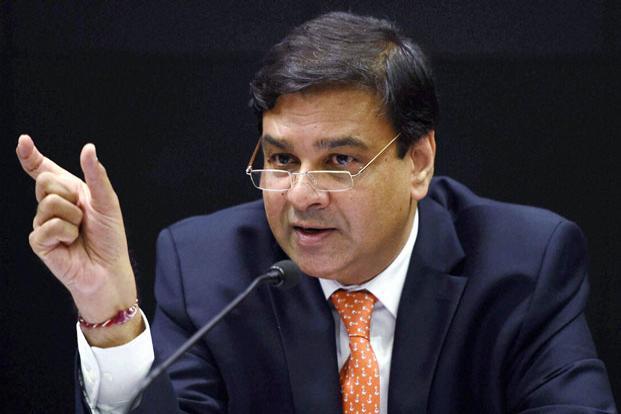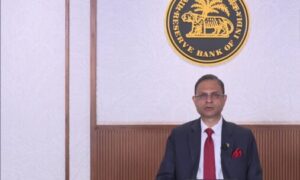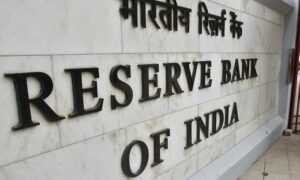
Picture Courtesy : Livemint
Reserve Bank Governor Urjit Patel has said the planned Rs 2.11-trillion fund infusion for state-run banks is not only a recapitalisation package but to ensure that the seeds of boom-and-bust-lending cycle is not sown in future.
In October, government had announced a Rs 2.11-trillion capital infusion into the NPA-hit public sector banks over the next two years. Of this, Rs 1.35 trillion will be through recapitalisation bonds a small portion of which will also come from capital markets, and the remainder Rs 76,000 crore will come from the budgetary support.
“This will be reform and a recap package and not just a recap package, so as to ensure that this money is used to strengthen public sector banks’ balance sheets and that we don’t sow the seeds of the next boom and bust cycle of lending,” Patel told reporters according to a report by PTI .
The Governor also said the central bank is working closely with the financial services department to finalise the extent of funding for each bank and the amount of recap bonds to be on banks’ balance sheets as government’s equity contribution.
He said the recap plan will be differentiated across banks. “In particular, recpatialsiation bonds will be front-loaded for banks that have managed their balance sheets more prudently and can use injected capital to lend, besides providing for legacy asset losses.”
Other banks will receive the government contribution based on their resolve and progress towards reform in a significant and time-bound manner such as becoming slim by adopting simpler, better-focused business strategies and also possibly non-core asset sales, Patel concluded.
RBI leaves Repo Rates Unchanged
Meanwhile, the Reserve Bank of India on Wednesday left repo rates ( the rate at which the RBI lends to banks) unchanged at 6 per cent, even as it retained economic growth projection for 2017-18 at 6.7 per cent. The Monetary Policy Committee’s fifth bi-monthly review, headed by RBI Governor Urjit Patel, also raised the inflation forecast for the remainder of the current financial year to 4.3-4.7 per cent.
Explaining its move, the six-member committee said the reason for its decision was “achieving medium-term target for consumer price index (CPI) inflation of 4 per cent within a band of +/- 2 per cent, while supporting growth”, reported PTI. The RBI said the government’s farm loan waiver, partial roll back of duty on fuel and reduction in GST rates on several items might result in fiscal slippage. On the positive side, RBI said there had been some pick up in credit growth in recent months.


















